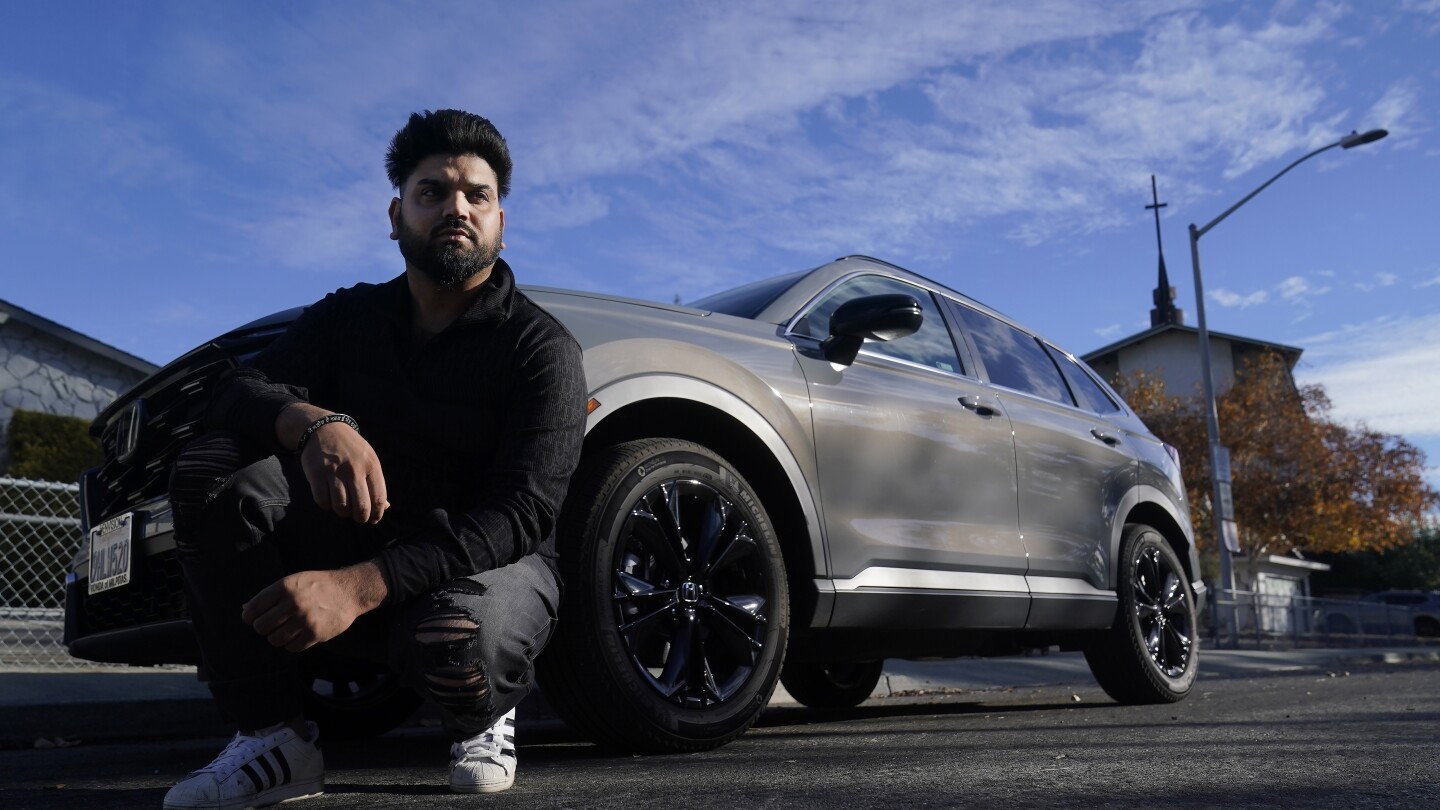America’s automakers have staked their futures on the notion that electric vehicles will dominate sales in the coming years, spurred by buyers determined to reduce carbon emissions and save on fuel.
But so far, while EV sales are growing, their pace is falling well short of the industry’s ambitious timetable for transitioning away from combustion engines. Instead, buyers are increasingly embracing a quarter-century-old technology whose popularity has been surging: The gas-electric hybrid, which alternates from gas to battery power to maximize efficiency.
So far in 2023, Americans have bought a record 1 million-plus hybrids — up 76% from the same period last year, according to Edmunds.com. As recently as last year, purchases had fallen below 2021’s total. This year’s figures don’t even include sales of 148,000 plug-in hybrids, which drive a short distance on battery power before a gas-electric system kicks in.



Misnomer.
Hybrids are way worse for efficiency because you are going to end up running either on gas or electricity while having to carry the weight of the other. But fun to see that Americans are hopping on falling EU trends for once after those shit stains had been criticized rightfully so for a long time now.
Edit: American exceptionalism downvotes. 🤡
Gas electric hybrids come in two variations, standard and plugin.
The plugin is far more efficient, because the electricity at your outlet is produced with far fewer emissions on average than at your alternator. Your first 20-50 or so miles are costing the equivalent of like 12 cents a gallon, and that accounts for like 90% of all personal driving. Even with the added weight of both systems, it’s more efficient and less expensive to drive for almost everyone. The only people who would not benefit are daily commuters driving significantly farther than the battery will take you.
The non-plugin hybrid will charge the batteries with excess (normally wasted) energy from the engine and the brakes. That energy can be used for short distances, and whether it is more or less efficient overall depends on where you live and how you drive. Stop and go city traffic is better in the hybrid than open road highway driving.
No. Because the reality is that no one is going to charge their hybrid electrically and just uses the combustion engine instead. And as I said already, the EV parts have to carry the combustion engine parts of the car and the combustion engine parts have to carry the EV engine parts of the car, making both variants less efficient than their pure counterparts. Like I said, we’ve been through this exact scenario already for many years over here. If you have the choice between a hybrid and a pure EV, go for the pure EV. Or better, see if you can drop your cage entirely if possible.
While I don’t doubt there are people too lazy to plug in, especially when they only have a level 1 chargwr at home, just having the option will encourage more charging infrastructure. New homes are being built with a 240v circuit to the garage “just in case” the buyer gets an electric car. Corporations are installing chargers in oreferred parking spaces and calling it an employee benefit.
You’re saying people are wasteful. That’s true. People could drive slower on the highway and save money because they use less gas.
Going pure EV is better, but people still want to be able to fuel up in 5 minutes. Giving them both in one car will support the transition as adoption expands.